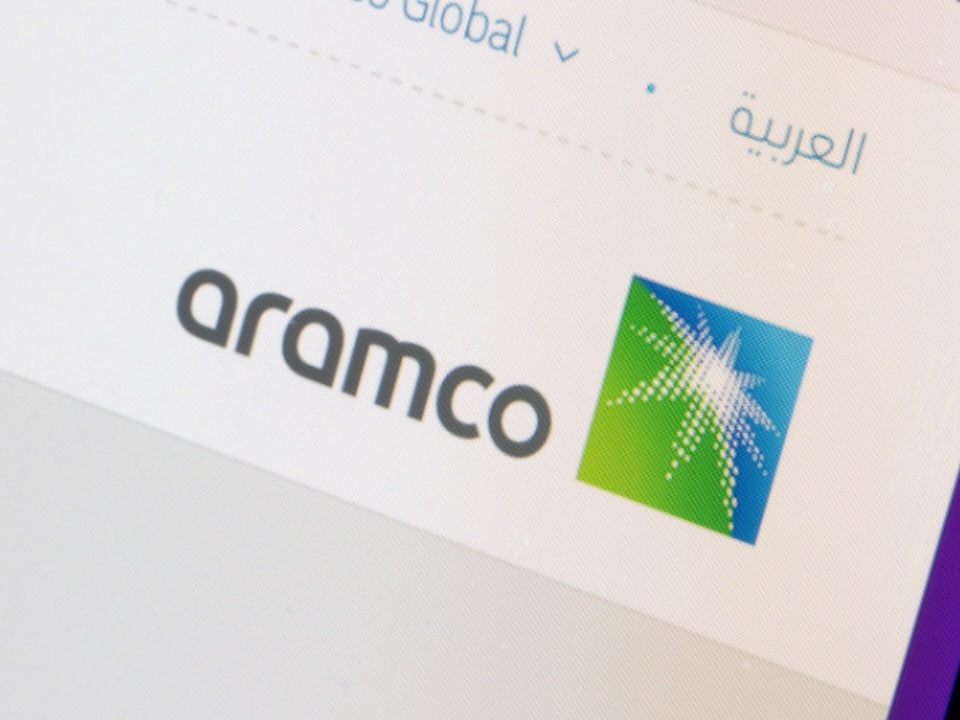- Nokia and Aramco achieve 2.4 Tbps optical transmission using existing fibre infrastructure.
- The new technology improves capacity while reducing energy usage.
- The collaboration boosts Aramco’s network efficiency and future-readiness.
What happened: Breakthrough speeds to boost Aramco’s network capacity and efficiency
Nokia and Saudi Aramco have successfully achieved an optical network transmission speed of 2.4 terabits per second (Tbps) during tests conducted on Aramco’s operational network. The tests were performed using Nokia’s Photonic Service Engines (PSE-6s) over a Dispersion Shifted Fibre (DSF) route, enabling Aramco to transmit data at unprecedented speeds through its existing fibre network.
The collaboration also demonstrated Nokia’s PSE-6s ability to deliver six times 400GE of client traffic over a WDM spectrum of just 300GHz. This success marks a significant achievement in network technology, enabling Aramco to support growing data demands efficiently.
Also Read: Nokia highlights Saudi success stories with STC and Aramco
Also Read: Nokia replaces Huawei at Deutsche Telekom’s 5G sites
Why it’s important
This achievement marks a significant milestone for Aramco, as it not only enhances the scalability of its network but also positions the company to handle the growing demands of high-capacity data in industries like energy and telecommunications. The ability to support larger volumes of traffic with such high-speed technology provides a competitive edge in a data-driven world, ensuring smoother and more reliable operations.
Furthermore, the technology’s potential to reduce energy consumption is particularly crucial as companies worldwide aim to improve sustainability. By optimising the efficiency of its network infrastructure, Aramco can lower operational costs while meeting future demands. This breakthrough solidifies the partnership between Nokia and Aramco, placing both at the cutting edge of optical networking technology and ready to support the next wave of innovation in global connectivity.

